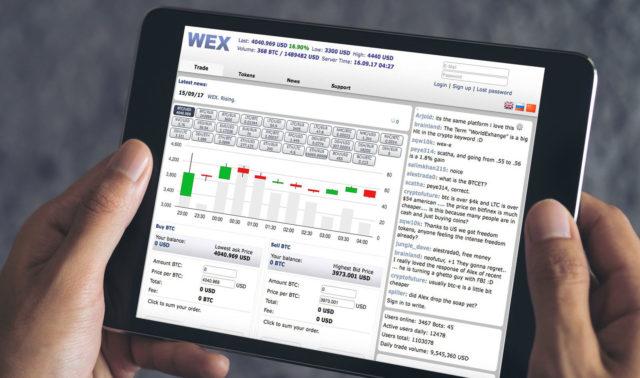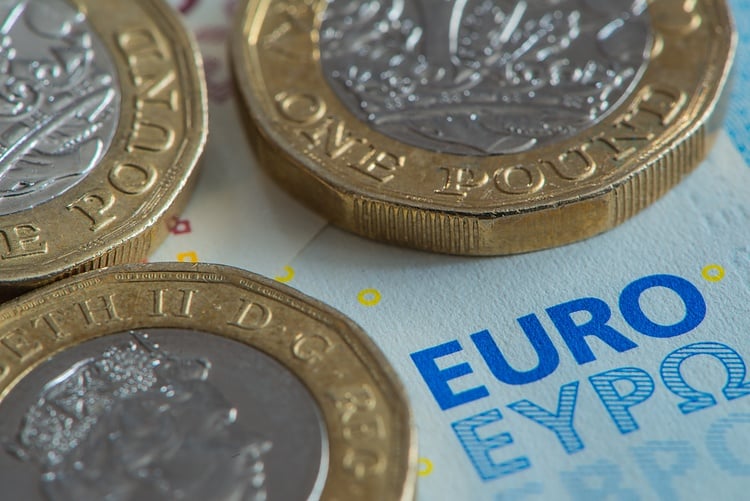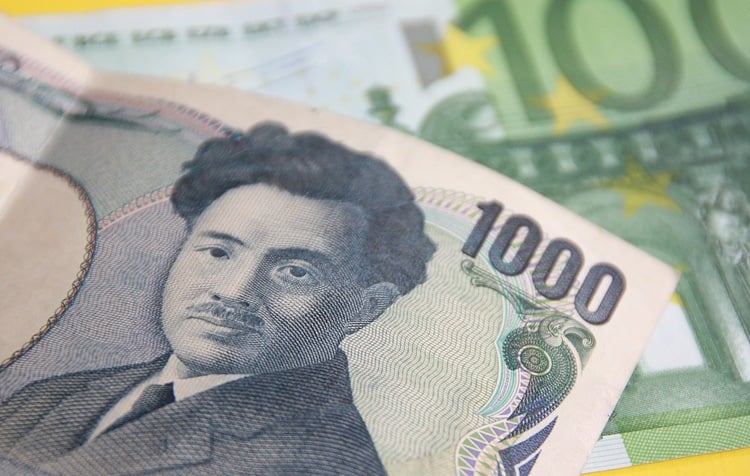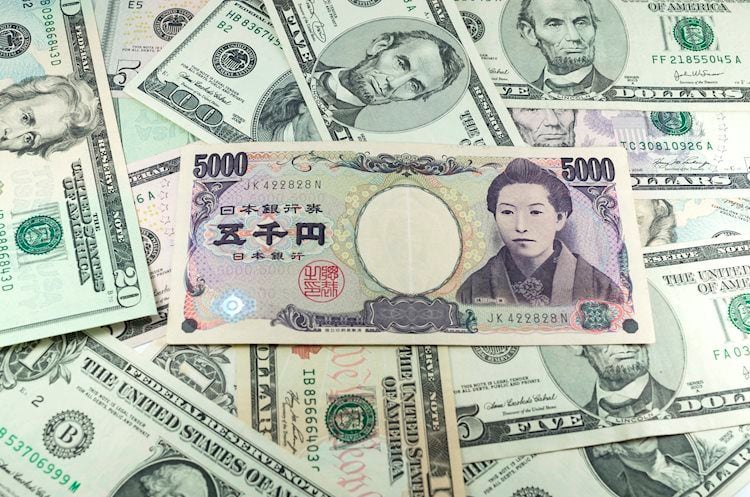About 70% of Brazilians who use credit cards have three or more cards, according to a survey carried out by Serasa across the country.
With double-digit inflation for more than eight months, many families have made use of this option to pay bills.
According to the survey, 29% of people say they have five or more cards, 18% say they have four cards, 23% say they have three cards and 21% say they have two cards, while only 9% of respondents say they only have one card.
A survey carried out by the Brazilian Association of Credit Card Companies and Services (Abecs) shows that credit card use for payments increased by 42.4% in the first three months of the year, compared to the same period in 2021.
Altogether, BRL 478.5 billion were spent on this type of payment.
The use of debit and prepaid cards also grew in the period.
In the first category, R$ 235.4 billion were transacted, which represents a growth of 15.2%.
Already prepaid registered R$ 44.6 billion, an increase of 148.4%.
In terms of the number of transactions carried out, it was the first time that Brazilians recorded an average of 100 million card payments per day, an increase of 36% compared to the first quarter of last year.
Operations total BRL 758.6 billion in the first three months of 2022.
The purchases for which consumers consider credit card use to be most important are, according to the survey, supermarkets and food (17%), pharmacy (15%), appliances (14%) and clothing (11%). The other expenses paid by this modality are mobile (10%) and travel (10%). In the scale of importance, the payment of boletos represents the smallest proportion: only 6%.
At the same time that card use increases, the number of Brazilians in debt and in default hit a record again in April.
Of the total number of families in the country, 77.7% have debts or accounts in arrears in the fourth month of the year.
According to the president of the National Confederation of Trade in Goods, Services and Tourism (CNC), José Roberto Tadros, the macroeconomic scenario leads to the use of the service.
“High, persistent and widespread inflation maintains the need for credit for income recovery, making families find in third-party resources a way out to maintain the level of consumption”, he evaluates.
The Broad National Consumer Price Index (IPCA), the country’s official inflation indicator, stood at 1.06% in April, according to the Brazilian Institute of Geography and Statistics (IBGE).
It was the biggest change for the fourth month of the year since 1996.
In 2022, the index is at 4.29%: already above the center of the National Monetary Council (CNM) target for the 12 months, of 3.5%, and still below the ceiling, of 5%.
* Under supervision of Stéfano Salles
Source: CNN Brasil
I am Sophia william, author of World Stock Market. I have a degree in journalism from the University of Missouri and I have worked as a reporter for several news websites. I have a passion for writing and informing people about the latest news and events happening in the world. I strive to be accurate and unbiased in my reporting, and I hope to provide readers with valuable information that they can use to make informed decisions.






